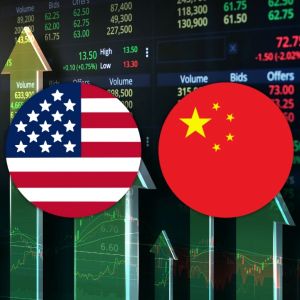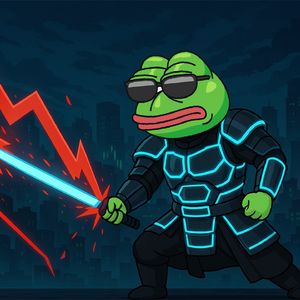Donald Trump says he and Xi Jinping could be best friends. “We’ve already been talking, ” he to ld conservati ve talk show host Hugh Hewitt, sounding al most like he was planning a bromance. But then he pulled a classic Trump move, accusing China of “ripping off” the United States. It’s the same tune he’s been singing since 2018 when he started what might go down as one of the most aggressive economic standoffs in modern history. But then Trump also called Xi “strong” and “powerful,” adding that he’s “revered in China.” Flattery, maybe. But this isn’t just about who gets along. It’s about the two biggest economies in the world. How it started: Tariffs, deals, and broken promises The US-China trade war has been years in the making, starting when Trump hit China with tariffs on $34 billion worth of goods the last time he was in office. He accused Beijing of intellectual property theft and unfair trade practices. China retaliated almost instantly, matching the US tariffs dollar for dollar. And just like that, a trade war was on. The two sides escalated quickly. By 2019, the US had tariffs on $250 billion worth of Chinese imports. China targeted $110 billion in US goods. But it wasn’t all fire and fury. In January 2020, both countries hit pause—kind of. They signed the Phase One trade deal, which was supposed to ease tensions. And it sounded like a win on paper. China promised to buy $200 billion more in American goods, and the US agreed to lower tariffs on $120 billion worth of Chinese imports. But there was a catch. Tariffs on $250 billion worth of Chinese goods stayed. Spoiler alert—those numbers didn’t stick, and the underlying issues never got fixed. Fast forward to the Biden administration. If anyone thought Joe Biden would go soft on China, they were wrong. In fact, that guy doubled down. His administration kept the Trump-era tariffs and added new ones on strategic sectors like electric vehicles and medical supplies. By December 2021, tariffs on over $300 billion worth of Chinese goods were still alive and kicking. What’s happening now: Trump’s back, and so is the tension Then came 2024. A new round of tariffs hit $18 billion in Chinese imports. Clean energy and semiconductors, two areas critical to US interests, were the main targets. Now, it’s January 2025, and Trump is less than 2 weeks away from being back in the Oval Office. During his campaign, he promised tariffs as high as 60% on Chinese goods. He also made it clear that Chinese investments in the US would face increased scrutiny. Though just days into the new year, Beijing announced export restrictions on 28 US companies. Big names like Lockheed Martin and Boeing Defense are on that list. Economists have been warning us for months. If Trump’s proposed tariffs become reality, the US could see inflation rise even higher. Supply chains, still fragile from years of disruptions, might buckle under the pressure, putting the entire global economy is in danger. Land a High-Paying Web3 Job in 90 Days: The Ultimate Roadmap



















